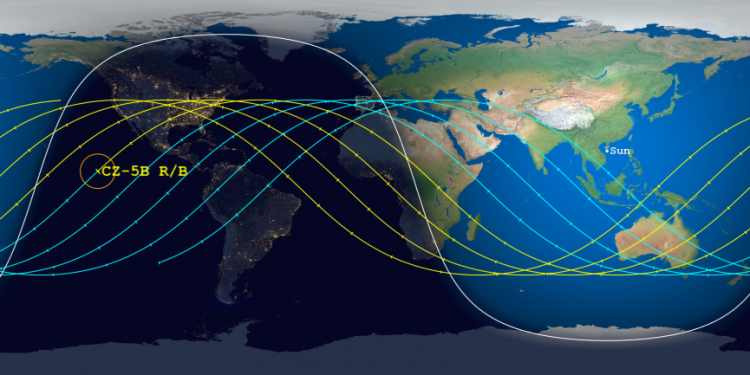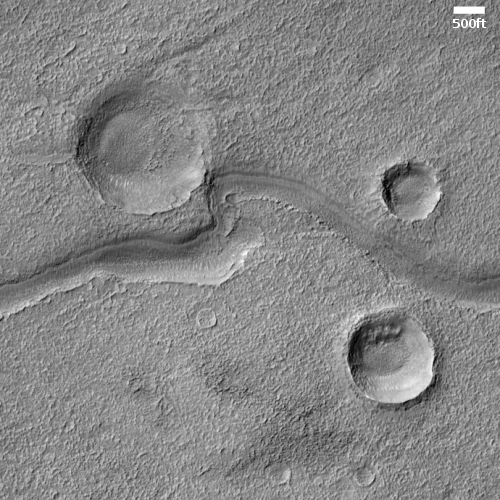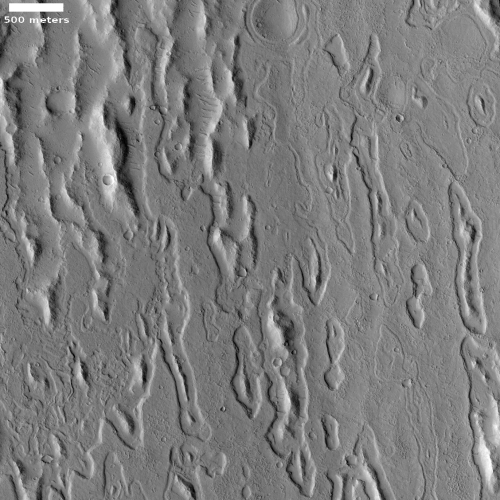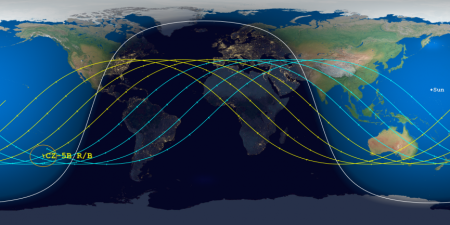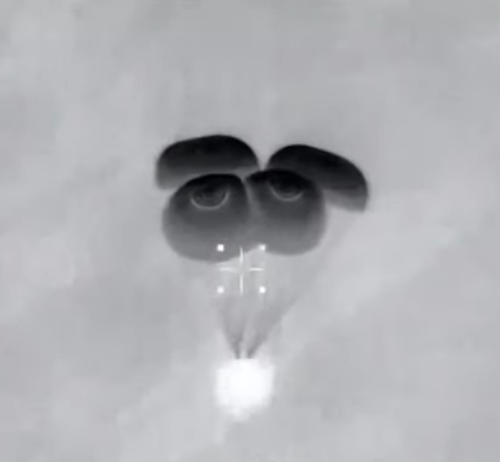How to watch the first flight of Starship prototype #15

Screen capture from LabPadre Nerdle camera live stream.
UPDATED and BUMPED. The SpaceX live stream is now embedded below the fold. It is set to go live in about five minutes before launch, with the launch now set for about 5:25 pm (Central).
Capitalism in space: The roads have now closed at Boca Chica, Texas, in preparation for today’s test flight of SpaceX’s 15th Starship prototype.
The following live streams are presently available if you wish to watch:
- Labpadre’s 24/7 live stream, with six other cameras also available
- NASASpaceFlight’s live stream
- Everyday Astronaut’s live stream
I will add other live streams as they become available. If SpaceX adds its own live stream I will embed it below.
» Read more

Screen capture from LabPadre Nerdle camera live stream.
UPDATED and BUMPED. The SpaceX live stream is now embedded below the fold. It is set to go live in about five minutes before launch, with the launch now set for about 5:25 pm (Central).
Capitalism in space: The roads have now closed at Boca Chica, Texas, in preparation for today’s test flight of SpaceX’s 15th Starship prototype.
The following live streams are presently available if you wish to watch:
- Labpadre’s 24/7 live stream, with six other cameras also available
- NASASpaceFlight’s live stream
- Everyday Astronaut’s live stream
I will add other live streams as they become available. If SpaceX adds its own live stream I will embed it below.
» Read more






